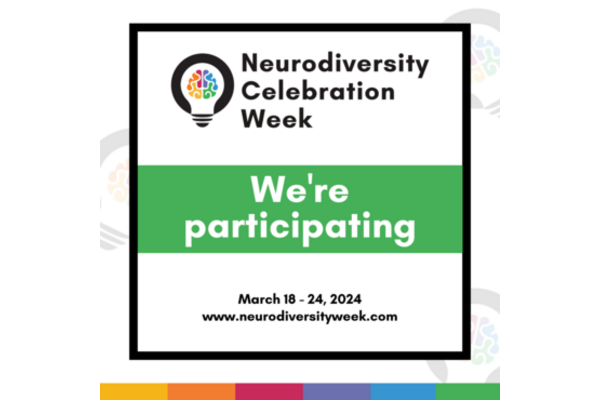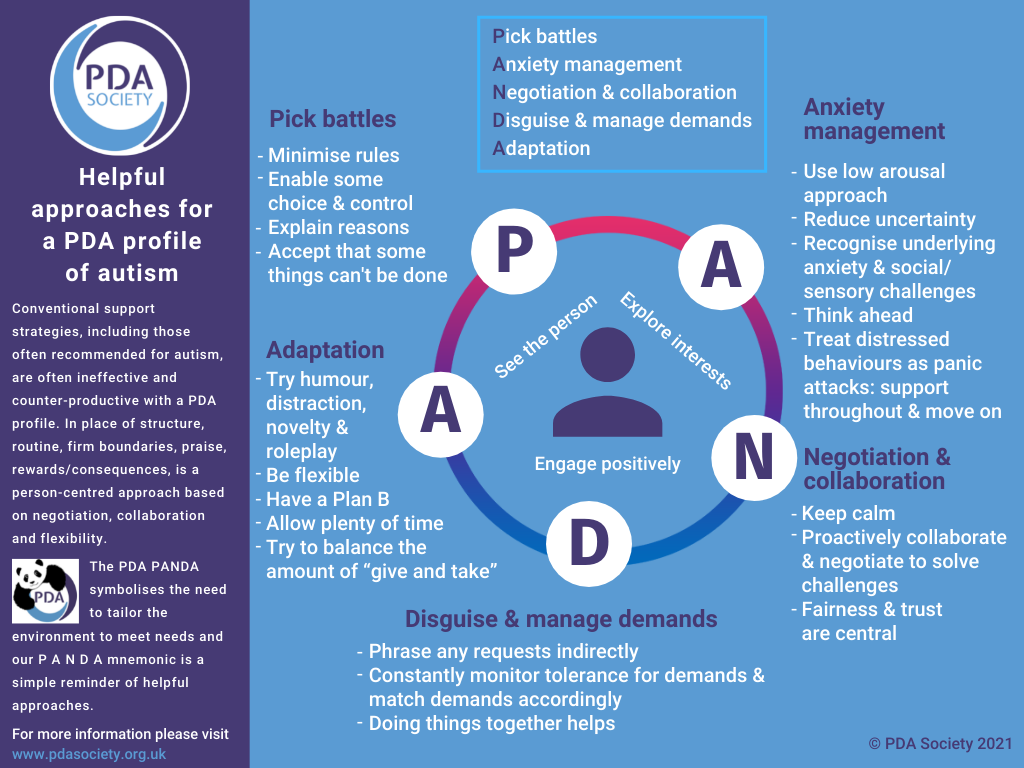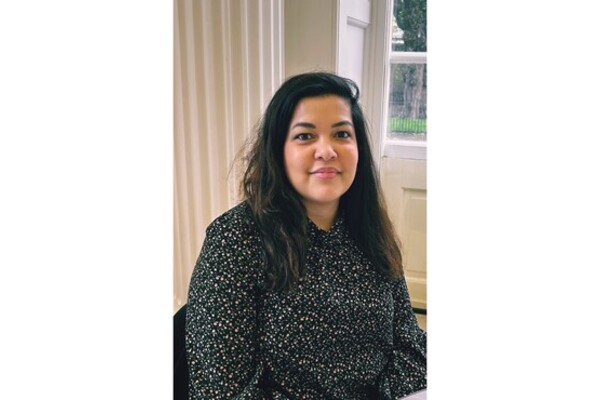For Neurodiversity Celebration Week, UMHAN member Jason Lever-King discusses labelling in his second blog post for us. Jay is a Wellbeing Advisor at Salford University.
You can read about Jay's experiences of being a Mental Health Practitioner with ADHD at the link below.
In support of Neurodiversity Celebration Week, I have been in conversation with many practitioners working with neurodivergent individuals and who identify as neurodivergent themselves. The one topic that has come up often, is PDA – Pathological Demand Avoidance and another term, Pervasive Drive for Autonomy.
Control and choice
Having a PDA profile means that individuals strive for control and choice. Understandably, living in a world that doesn’t always make sense to the individual and are just trying to get through day-to-day, PDA can appear to be the underlying message from ‘I don’t feel in control of this situation’ and so will strive for soothing and safety, even if that means appearing ‘difficult’ and ‘defiant’ to the outside world.
The more confused, stressed, and uncertain somebody feels from these perceived demands, especially where there is a sudden change, the more likely that individual will become overwhelmed and so, will avoid it.
To quote National Autistic Society (2024), it is “a persistent and marked resistance to demands (which) is a characteristic experienced by and observed in some autistic people”.
PDA stigma
Pathological Demand Avoidance, particularly the term pathological, has a huge stigma in that individuals are then associated with stubbornness, being difficult, and hard work. One statement I had seen in passing which I feel is important to share here, is it’s not that these individuals are deliberately giving you a hard time, they are having a hard time. That has stuck with me since seeing it, as it immediately shifts the lens from our frame of reference to theirs, those who experience it and live with it.
The term pathological has been associated with many disorders for many years, all which demonstrate an inability to regulate the self for various valid reasons and thus label those individuals as problematic. Further, how often do you see or hear the term ‘pathological’ used in forensic programmes?
A different name
The term Pervasive Drive for Autonomy, although does not change the definition, can introduce an understanding and support to be more in alignment with that person’s values. It allows practitioners to think about the individual’s autonomy and allow those individuals to reason with themselves on what they want to do, what needs to be done, how they can do it and why. For example, workload stress and pressure and trying to organise these with executive challenges.
Although autonomy does come with its rules regardless, I often wonder about the language that is used where communicating and supporting individuals. In a minority that is subject to exhaustion and burnout daily, I do believe that it is the language used which can ‘make’ or ‘break’ a supportive alliance.
The PDA Society speak about utilising an acronym called PANDA, a person-centred and flexible tool to support individuals in distress of demands.
What do you think of the different terms? Which one do you prefer?











You must be logged in as a member to add comments.
Become a member
Already a member? Log in or create an account.